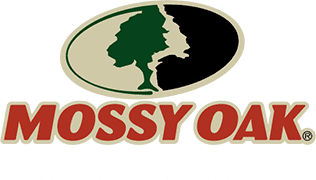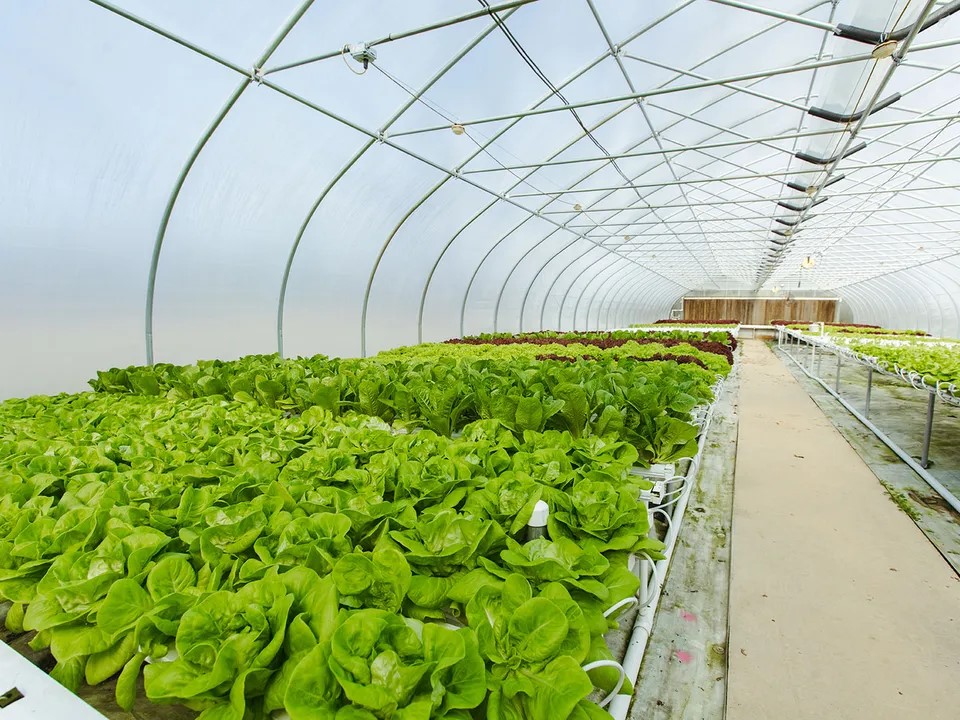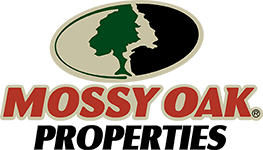A farmette is a small farm where you can grow vegetables, look after animals, and live a simple life in the country. Perfect for balancing work with fun, it is ideal for those who want to explore farming as a hobby without too much effort. Let’s explore more about what a farmette is, what makes it special, and reasons you might want to have one.
Understanding Farmettes
Farmettes, spanning up to 50 acres, stand in the middle ground between large, working farms and smaller, hobby farms. They offer a mix of work, potential income, and enjoyment. People invest in farmettes for several reasons:
- Family activities: Farmettes are often family-owned and operated, with the owners actively involved in day-to-day activities. This hands-on approach fosters a strong connection to the land, providing opportunities for children to learn and families to spend quality time together.
- Environmentally friendly living: Many farmettes prioritize sustainable and organic farming practices. This includes using natural fertilizers, rotating crops, practicing integrated pest management, and minimizing the use of chemicals. Some farmettes may even incorporate renewable energy sources to support a sustainable and self-sufficient lifestyle.
- Income possibilities: Farmettes can generate income through the sale of produce or services, like agritourism activities or educational workshops.
Characteristics of Farmettes
Manageable by individuals or families, farmettes are ideal for those seeking a blend of rural life without the full commitment of large-scale farming. Farmettes can vary depending on the size, location, and purpose, but they have some common characteristics.
DIVERSE AGRICULTURAL ACTIVITIES Farmettes offer the flexibility to engage in a range of farming activities. You can cultivate a vegetable garden, establish a mini-orchard, or raise small livestock like chickens and goats. This setup not only provides fresh produce but also introduces you to the basics of farming and livestock management.
HEALTH AND WELL-BEING BENEFITS Living on a farmette promotes a healthy lifestyle through physical activities like gardening and animal care. It’s an effective stress reliever, connecting you with nature and providing a peaceful retreat from urban life.
CREATIVE AND EDUCATIONAL OPPORTUNITIES Managing a farmette encourages creativity in optimizing land use and crop selection. It’s a continuous learning journey, where you can experiment with sustainable farming techniques and explore innovative agricultural practices.
COMMUNITY CONTRIBUTION Farmettes have the potential to enrich local food systems by producing a surplus that can be shared or sold within the community. They play a crucial role in promoting local, sustainable agriculture and fostering a sense of stewardship.
CHALLENGES AND SOLUTIONS While farmettes are rewarding, they come with their set of challenges, including zoning laws and initial setup costs. Partnering with Mossy Oak Properties can ease this process, offering expert guidance in selecting the right farmette that meets your needs and navigating any legal or financial hurdles.
Generating Income from Farmettes
Your farmette can indeed become a rewarding source of income with the right approach. From selling fresh produce like vegetables, fruits, eggs, meat, or honey directly to consumers, engaging in online marketplaces, to offering unique farm experiences such as stays, workshops, or camps, the possibilities are vast. Implementing sustainable practices like composting and renewable energy not only cuts costs but also appeals to eco-conscious consumers.
However, turning a profit requires careful planning and flexibility. Here are some strategies:
- Diversify Your Offerings: Do not put all your eggs in one basket. A mix of products and services can provide multiple revenue streams, buffering against the seasonality and unpredictability of farming.
- Market Strategically: Utilize social media, local farmers’ markets, and community networks to promote your offerings. Consider creating a brand that reflects your farmette’s values and sustainability efforts.
- Prepare for Challenges: Invest in protective measures against weather and pests, like greenhouses and natural pest control methods. Stay informed about market trends to adjust your prices and products as needed.
- Time and Financial Management: Outline a detailed budget covering startup costs, ongoing expenses, and projected income. Consider how much time you can realistically dedicate to farming activities and plan accordingly.
- Legal Compliance: Understand the regulations around selling food and farm-related services in your area. This may include obtaining necessary permits, following health and safety guidelines, and labeling products accurately.
- Continuous Learning: Farming is a dynamic field. Attend workshops, join farming communities online, and stay curious about new techniques and practices.
- Seek Expert Advice: For those new to farming, consulting with agricultural extension services or partnering with companies like Mossy Oak Properties can provide invaluable guidance. Mossy Oak Properties specializes in rural properties and can offer insights into making your farmette both sustainable and profitable.
Choosing the Right Farmette
Investing in a farmette involves careful consideration of various factors to ensure it aligns with your goals, preferences, and capabilities.
- Determine what you hope to achieve with your farmette. Are you looking for self-sufficiency, a source of supplemental income, a hobby, or a lifestyle change? Clarifying your goals will guide your search and decision-making process.
- Choose a location that suits your lifestyle and farming objectives. Consider factors such as climate, soil quality, water availability, proximity to markets, and other amenities. Research zoning regulations and land use restrictions that may affect your farming activities.
- Review the layout and design of the property to assess its suitability for your intended farming activities. Consider factors such as the arrangement of fields, pastures, orchards, and gardens, as well as the potential for expansion or modification. Pay attention to the orientation of buildings and natural features that may impact productivity and aesthetics.
- Evaluate your financial resources, time availability, skills, and knowledge related to farming. Consider how much capital you can invest in purchasing the property and covering ongoing expenses, such as maintenance, utilities, equipment, and supplies.
At Mossy Oak Properties, we are experts when it comes to land, and we can help you find the perfect farmette. Join us and enjoy the wonderful life of a farmette owner!


